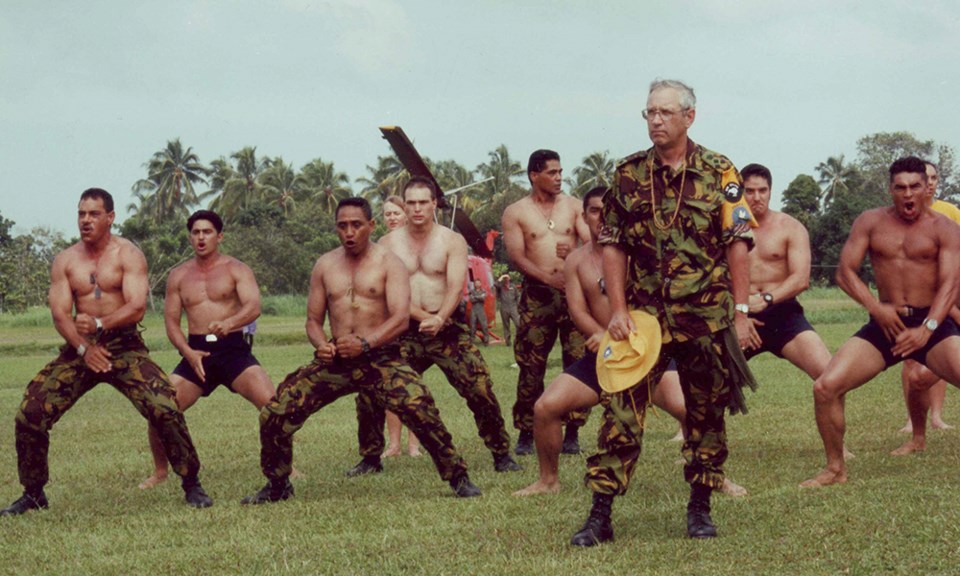With the International Day of Peace (September 21), International Day of Non-violence (October 2) and Remembrance Day in November, fall is an important time to reflect, and act, to build peace.
The world's military spending has reached unprecedented levels, more than two trillion dollars annually, with the United States (US) spending more than the next nine highest military spenders combined. The US secretary of defence justifies this as “defending America from enemies foreign and domestic and ensuring our troops remain the world’s preeminent fighting force.”
Canadian politicians seem generally to agree that we should up our contribution to military spending. The reasoning is seductive.
The idea of being invaded by the “enemies” we learn about through our media is abhorrent. Imagine how it feels to people in other places, whose media features stories of what NATO nations are doing on their borders.
If there is a positive side to the fact that our natural life systems are unravelling, it could be that we might wake up to see what the biggest threats to our well-being really are. Investing in fighter jets that consume, in one hour, more than twice as much fuel as the average US car does in a year, would be unthinkable.
Is this our fate, to end our time on earth as handmaiden to the world's preeminent fighting force? Maybe, but there are so many examples, plenty of research also, to show that nonviolence is actually a force people can tap into, to deal with violence and threats of violence.
A good place to start is to watch the fascinating 2019 film, Soldiers Without Guns, to learn how the bloody Bougainville (Papua New Guinea) civil war was finally brought to an end. Or learn about how Costa Rica president Jose Figueres decided the nation would be safer without a military, and how it worked to protect its sovereignty against outside threats.
Across Canada, several civil society groups have endorsed the white poppy campaign, inviting citizens to make their resistance to war visible, by wearing a white poppy throughout the fall.
For anyone who would like to learn more, let's share what we know. Feel free to get in touch with me at janslakov@proton.me or 604.223.9328.
Jan Slakov is a qathet region resident and president of Conscience Canada.
Join the Peak's email list for the top headlines right in your inbox Monday to Friday.



